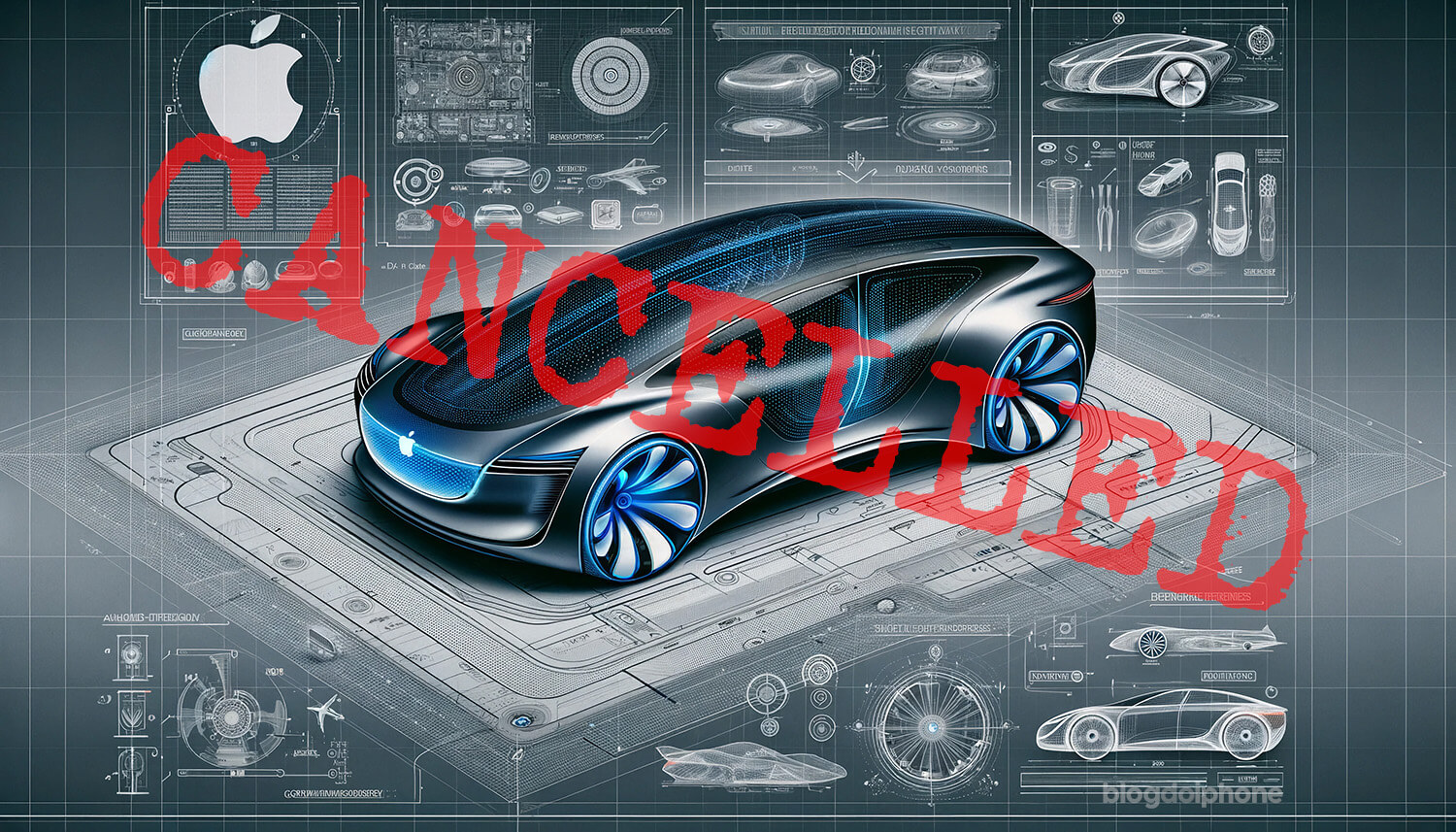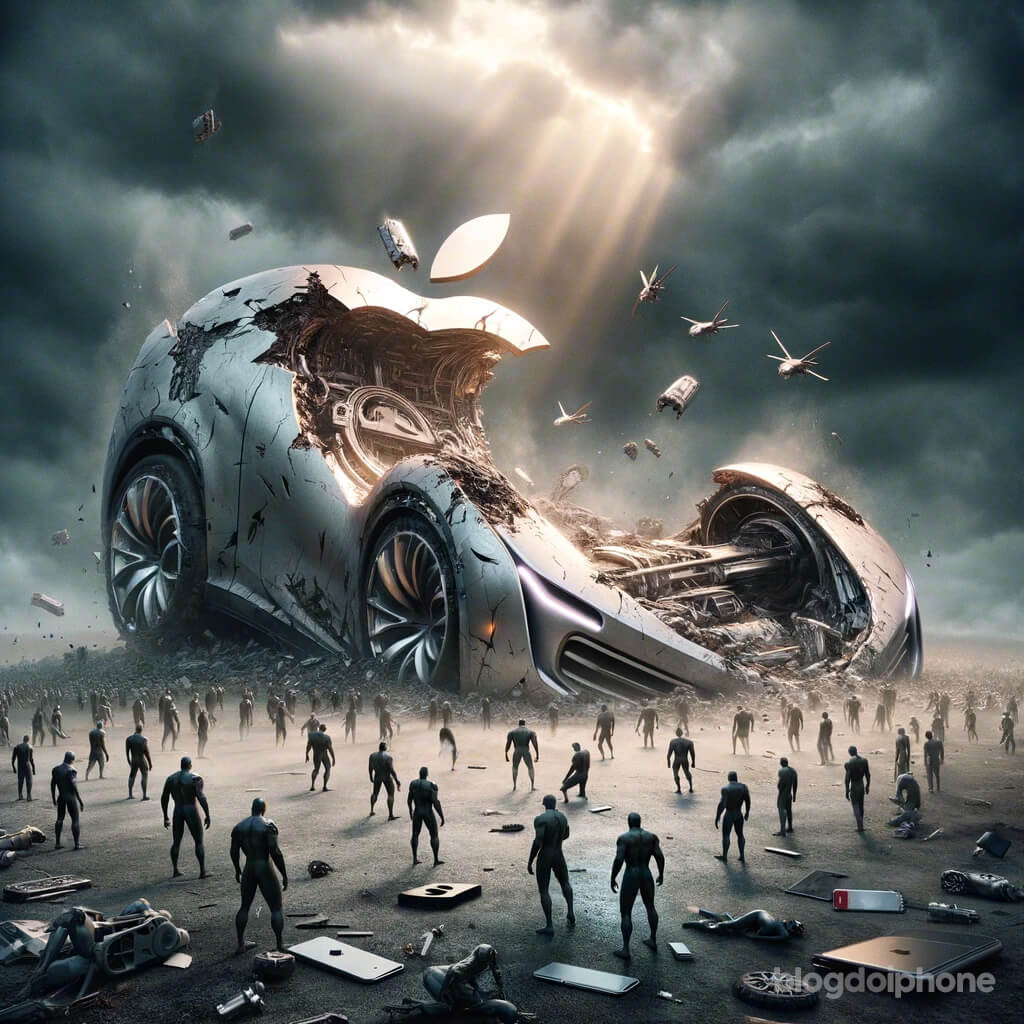
When news about the termination of Apple’s Project Titan surfaced, I must admit I wasn’t taken by surprise. The idea of a car manufactured by the Cupertino giant always seemed more like a futuristic fantasy to me than a tangible project.
Not that I doubt Apple’s innovative capacity or its potential to redefine markets — the company’s track record in that regard is unquestionable. However, delving into the complexities and realities of the automotive sector, the vision of an Apple Car always seemed more like a science fiction work than a realistic business plan.
Apple, with its expertise in design and technology, could certainly bring significant innovations to the automotive sector. However, the transition from consumer electronics to vehicles is a monumental change.
Vehicles are not just products; they are integral parts of a complex ecosystem that includes everything from safety to environmental regulations, not to mention maintenance and repair logistics.
Apple is known for its meticulous control over its products, but a car involves a much broader web of variables and dependencies.
Another point that has always intrigued me is the dissonance between Apple’s design philosophy and the harsh realities of daily car use.
Apple products are known for their sleek aesthetics and polished user experience, but cars face challenges that go far beyond appearance and functionality. They need to deal with rough roads, daily wear and tear, and, of course, inevitable accidents.
How would Apple, a company that struggles to embrace USB-C ports in its iPhones for design reasons, cope with the aesthetics of its vehicles being compromised by a flat tire or a dented door?
Coincidentally, this week I went to see the movie ‘Ferrari‘, and a moment in the film where Enzo himself (Ferrari) appears saddened and even responsible for deaths caused within a car he built touched me deeply.
Car accidents are one of the leading causes of death in various parts of the world. How would the immaculate Apple brand fare when news of road fatalities start to emerge, with a photo (and a close-up of the Apple logo) of a completely wrecked Apple Car?

Financially, the challenge is also monumental. Electric vehicles (EVs) require significant investments in research, development, and production infrastructure, with no guarantee of short-term profitability.
Considering Apple’s resounding financial success in its existing domains, diving into such a different and saturated market seems like an unnecessary risk.
As much as Apple has the resources to tackle such challenges, the question remains: is it worth it?
Making the most of failure
I can’t help but think that the true value of Project Titan may lie not in producing a vehicle, but in the learning and technological innovations that can be applied to other Apple products and services.
The experience gained in automation, batteries, and integrated systems may well find their way into future Apple devices, where the company already has a solid foundation and a clear competitive advantage.
In retrospect, perhaps Project Titan was never really about creating a car. It may have been more of an idea lab, a testing ground for the next generation of technologies.
Now, with the supposed end of the project, the reflection on what Apple will do next remains.
And we all hope that the next iPhones can benefit from what was developed. Otherwise, all the millions and millions of dollars will have been wasted.
“`